During the holidays, when friends and family gather and indulge in food and drinks, many people often experience indigestion. In addition to taking digestive medications, it may be helpful to try some traditional Chinese herbal teas under the guidance of a traditional Chinese medicine practitioner. However, different symptoms correspond to different choices of herbal teas.
Chenpi Tea: Regulating Qi, Strengthening Spleen, and Promoting Digestion
Chenpi, also known as dried tangerine peel, is known for its effects in regulating Qi, strengthening the spleen, and transforming dampness. It is suitable for people with symptoms such as bloating, poor appetite, and excessive phlegm caused by coughing. Chenpi contains volatile oils, hesperidin, vitamin B, vitamin C, and other components, which have a mild stimulating effect on the gastrointestinal tract and can help promote the secretion of digestive fluids and improve appetite. Experts suggest that during the winter replenishment, adding an appropriate amount of chenpi to herbal decoctions can help the spleen and stomach function better and enhance the absorption of medicinal effects. In addition, chenpi can also be used to relieve constipation for those who have difficulty passing stools. However, chenpi has a warm and dry nature. According to the "Compendium of Materia Medica," it is not suitable for conditions such as fluid deficiency, spontaneous sweating, general weakness, and hemoptysis. It should be used with caution for those with Qi deficiency and dryness, Yin deficiency with dry cough, hemoptysis, and internal heat.
Jasmine Tea: Regulating Qi and Dispelling Cold Accumulation
Jasmine tea has the effects of regulating Qi, relieving depression, expelling impurities, and harmonizing the middle burner. According to the "Compendium of Materia Medica," it can "clear empty fire, dispel cold accumulation, treat ulcers and toxins, and eliminate abscesses and tumors." It can be used as an adjunctive treatment for digestion disorders caused by cold pathogenic factors. However, due to its warm nature, jasmine tea is not suitable for excessive consumption. According to the "Compendium of Materia Medica," jasmine tea should not be used frequently, as it is a spicy and hot product.
Jiaoshan Zha Tea: Promoting Digestion and Resolving Stagnation
Many people know that drinking tea made from dried hawthorn slices can help lower blood lipid levels. However, some people mistakenly believe that it can also promote digestion, which may not be correct. Experts explain that the effects of fresh hawthorn and dried hawthorn are different. Generally speaking, fresh hawthorn is used to promote blood circulation, resolve stasis, and relieve pain, while dried hawthorn is used to promote digestion and resolve stagnation. According to traditional Chinese medicine, the acidity of hawthorn decreases and the bitterness increases after frying, making it suitable for conditions such as meat stagnation, distention in the epigastric region, and diarrhea with abdominal pain. It can also be used to treat hyperlipidemia. The taste of hawthorn tea made from dried hawthorn is not as good as that made from fresh hawthorn. To improve the taste, a small amount of brown sugar or roasted malt can be added.
However, it should be noted that not all cases of food stagnation are suitable for dried hawthorn. Dried hawthorn only resolves stagnation and does not tonify. Therefore, it is not suitable for patients with weak spleen and stomach, excessive gastric acid, and other digestive system diseases, as well as those taking tonifying medications. Hawthorn has the function of promoting blood circulation and removing stasis. It contains organic acids and has a contracting effect on the uterus. Pregnant women at risk of miscarriage should avoid consuming it.
Ji Nei Jin Tea: Relieving Alcohol Stagnation and Strengthening the Spleen
Ji Nei Jin, commonly known as chicken gizzard skin, is the inner wall of the gizzard of a chicken. It has a wide range of medicinal uses and is widely used in clinical practice. According to ancient texts, Ji Nei Jin can "relieve digestion of food and grains" and "expand the middle burner, strengthen the spleen, and promote digestion." In pharmacies, we can generally find three types of Ji Nei Jin: raw Ji Nei Jin, which is washed and dried; fried Ji Nei Jin, which is cleaned and stir-fried until it becomes swollen, with a dark yellow-brown to charred surface; and vinegar-processed Ji Nei Jin, which is stir-fried until it becomes swollen, sprayed with vinegar, and then dried. Raw Ji Nei Jin is good at promoting digestion and resolving food stagnation. Fried Ji Nei Jin has a stronger effect on promoting digestion and grinding the stomach. Vinegar-processed Ji Nei Jin has a milder effect on promoting digestion and is often used for patients with weak spleen and stomach.
In conclusion, when choosing herbal teas for digestive problems, it is important to consider the specific symptoms and consult with a traditional Chinese medicine practitioner for guidance. The choice of herbal teas should be based on the individual's constitution and condition to achieve the best therapeutic effect.




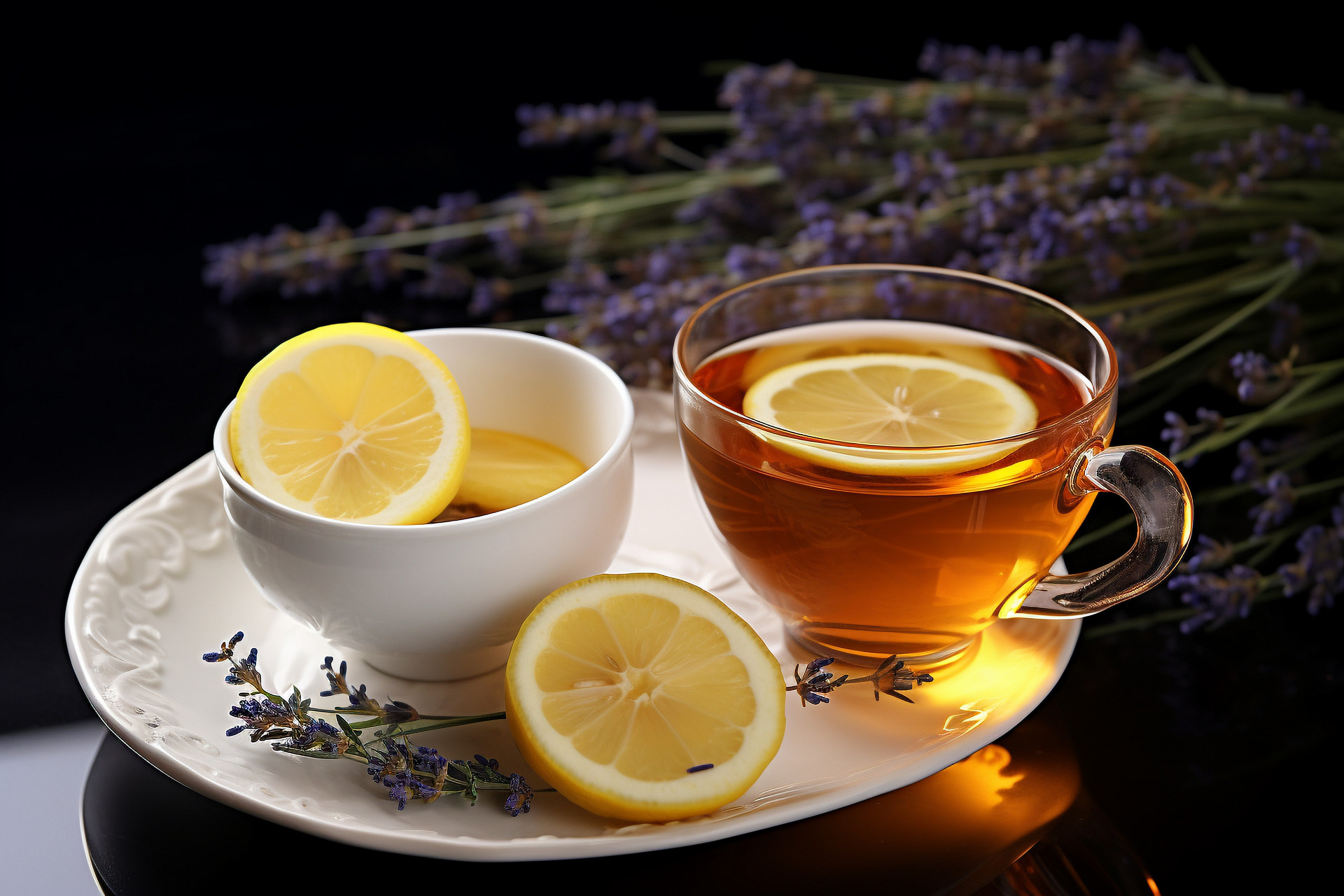
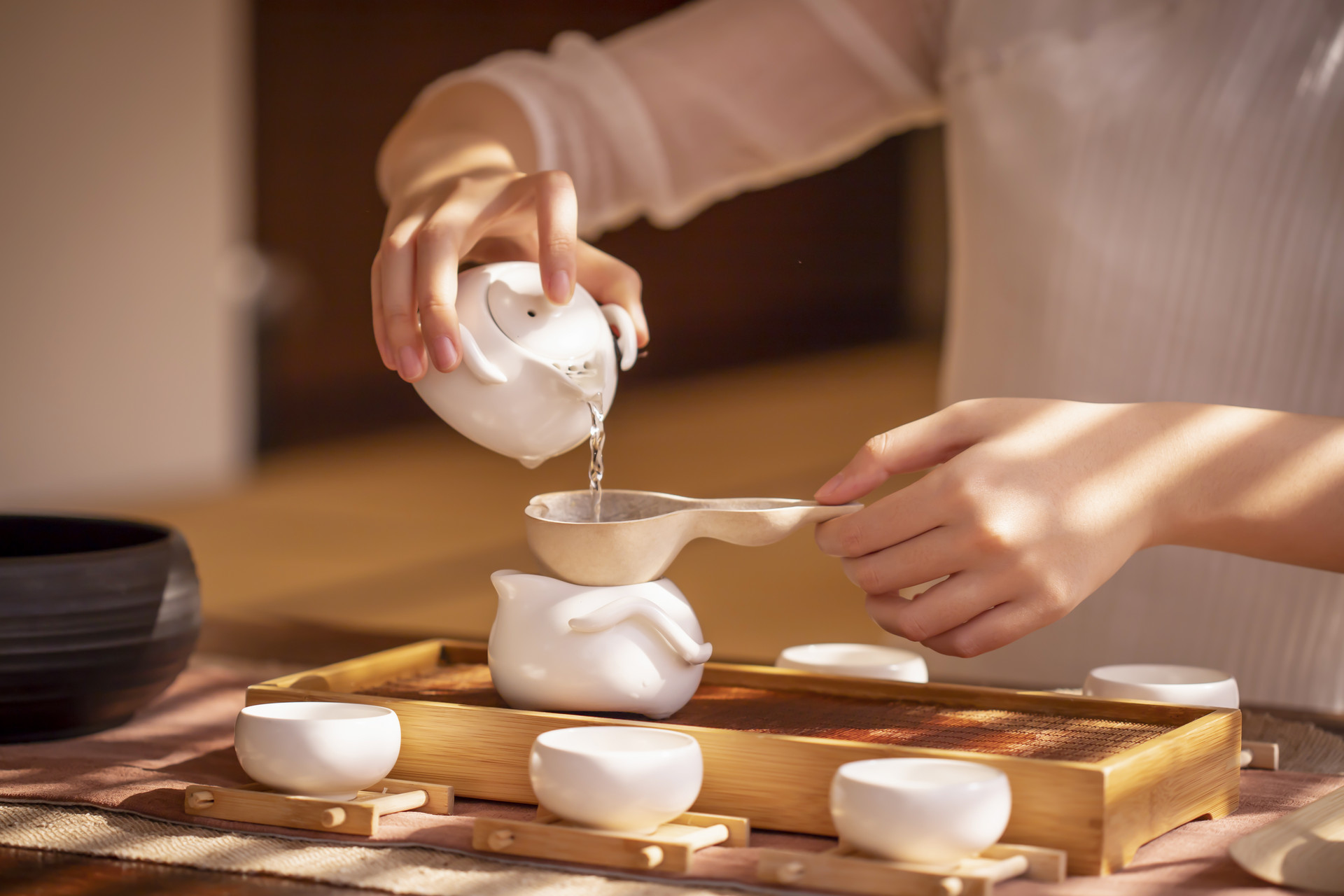
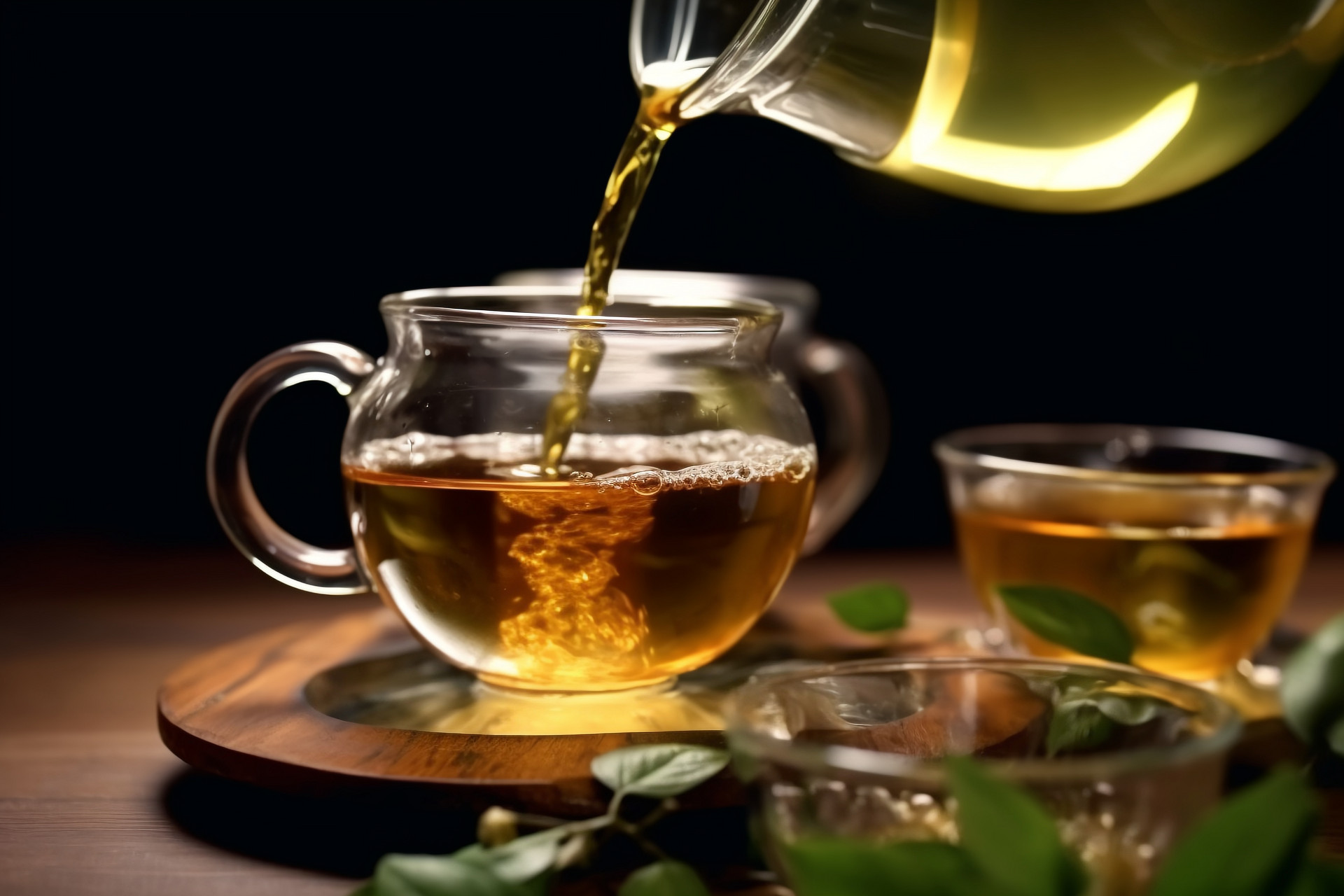

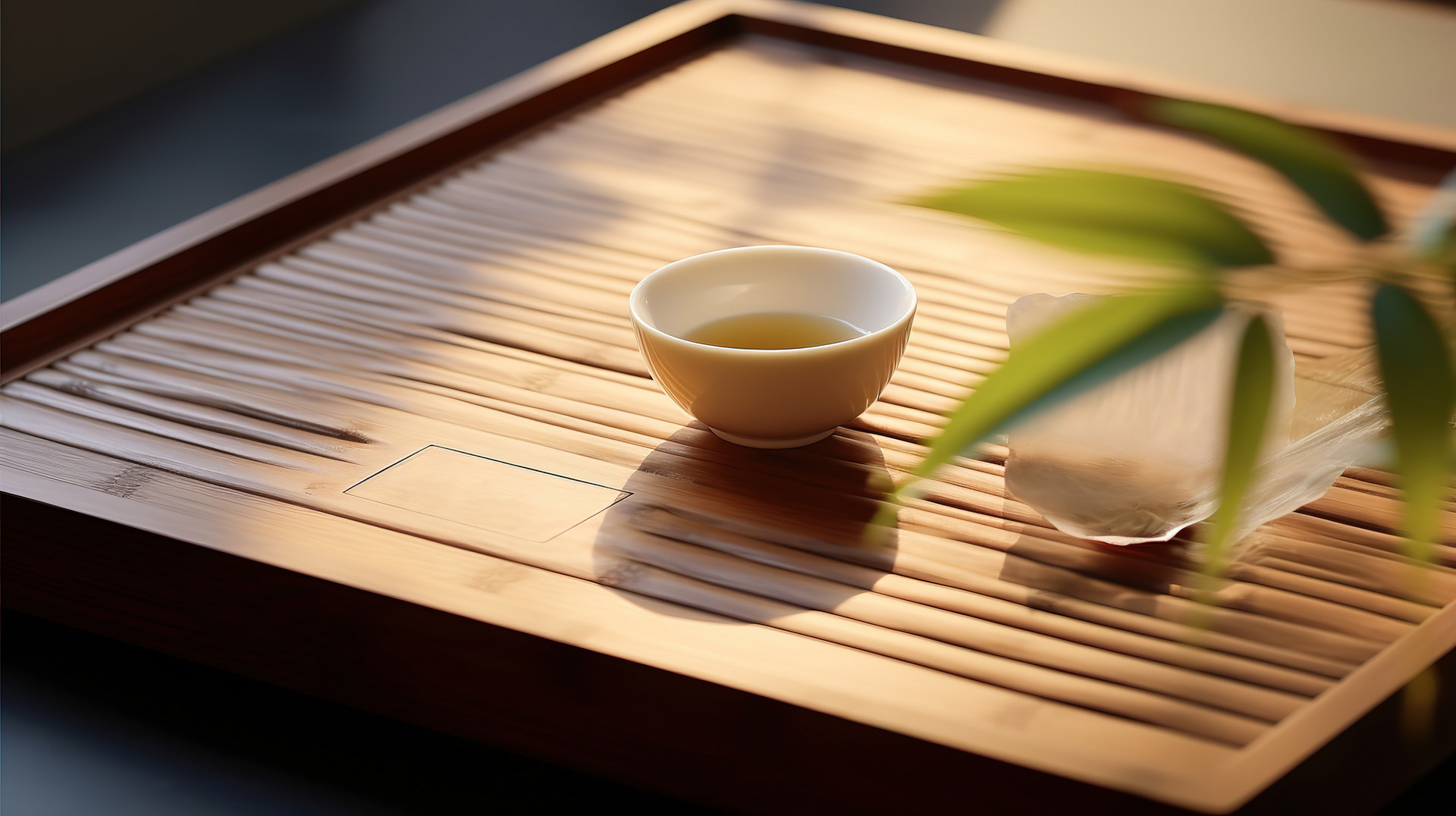
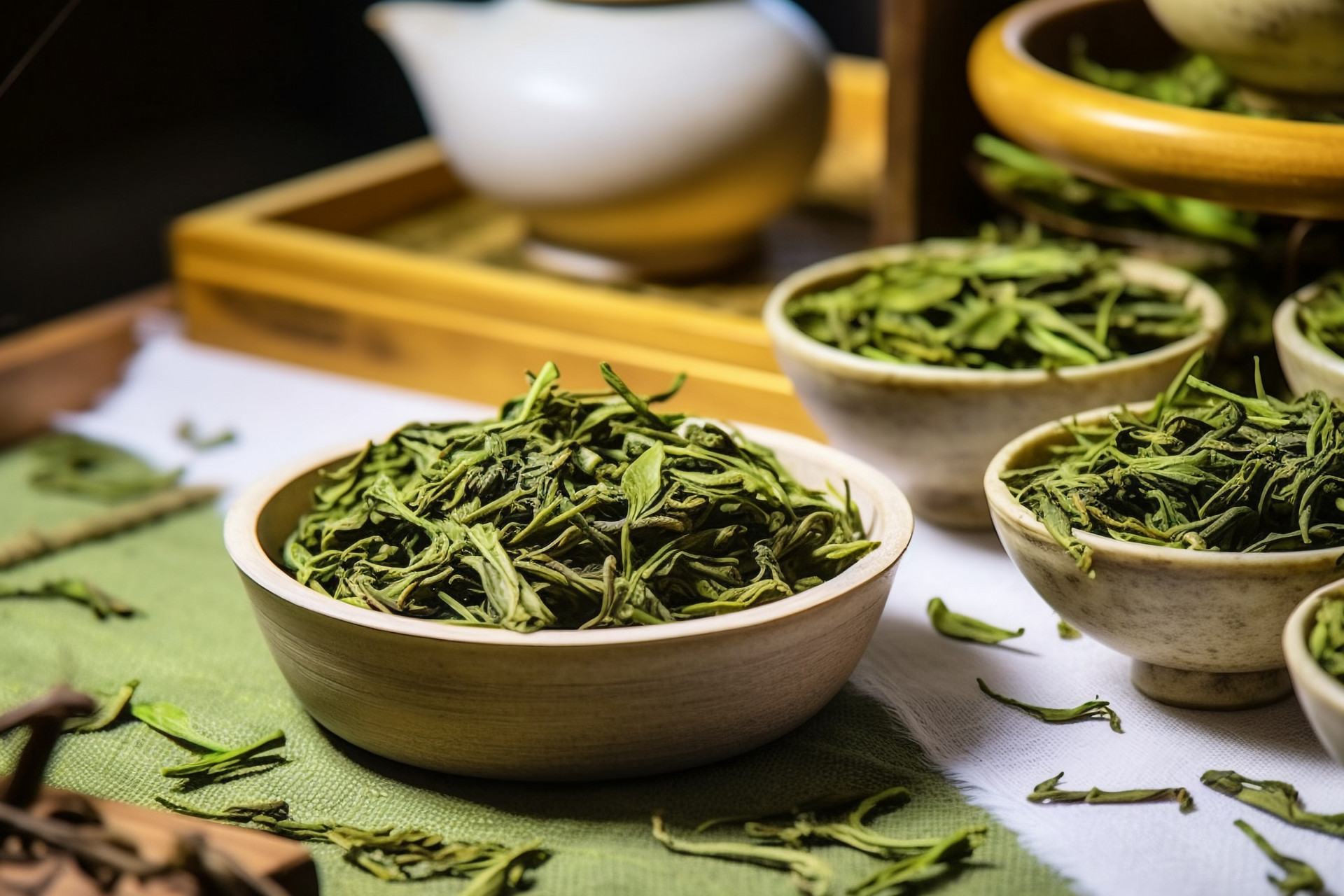
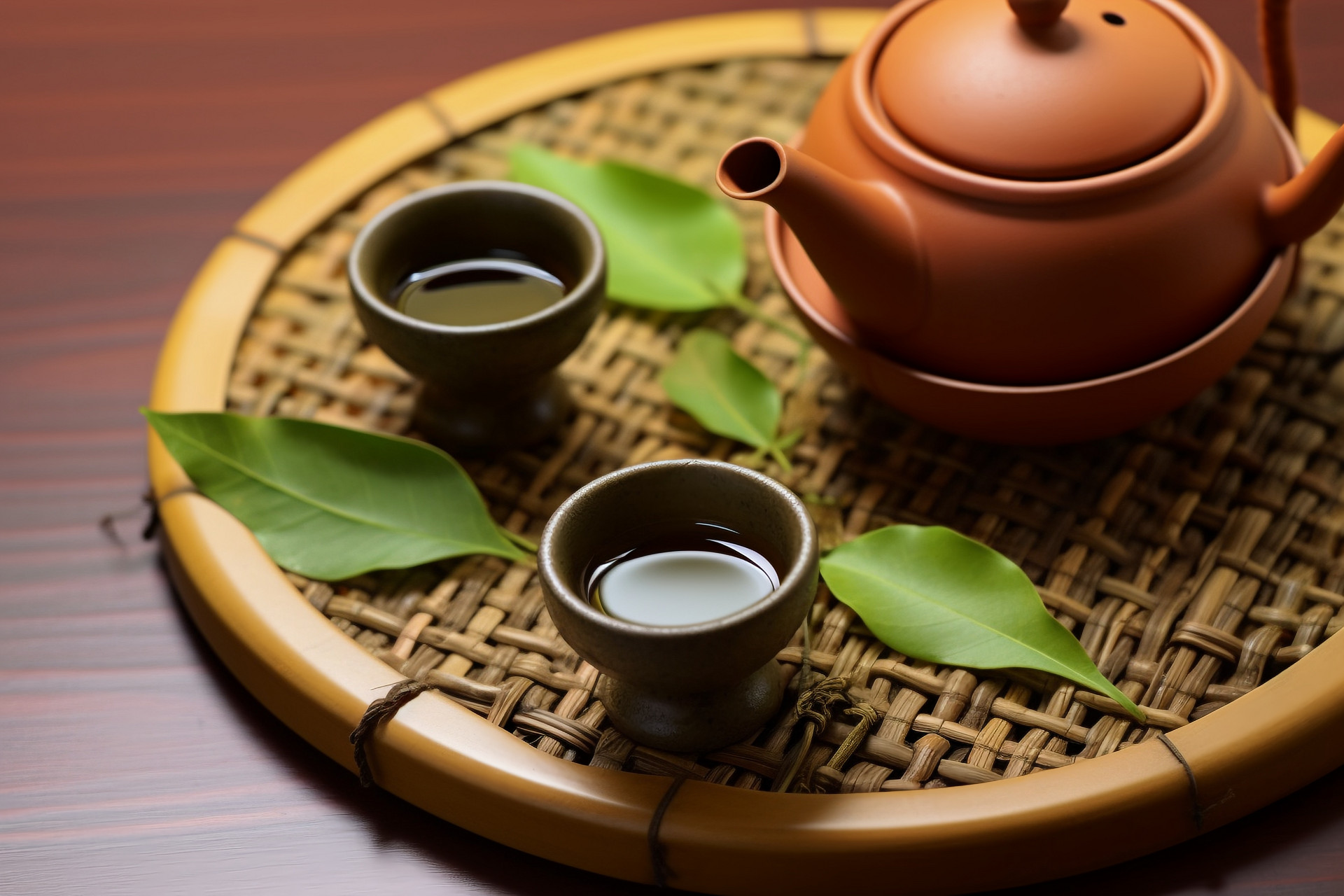
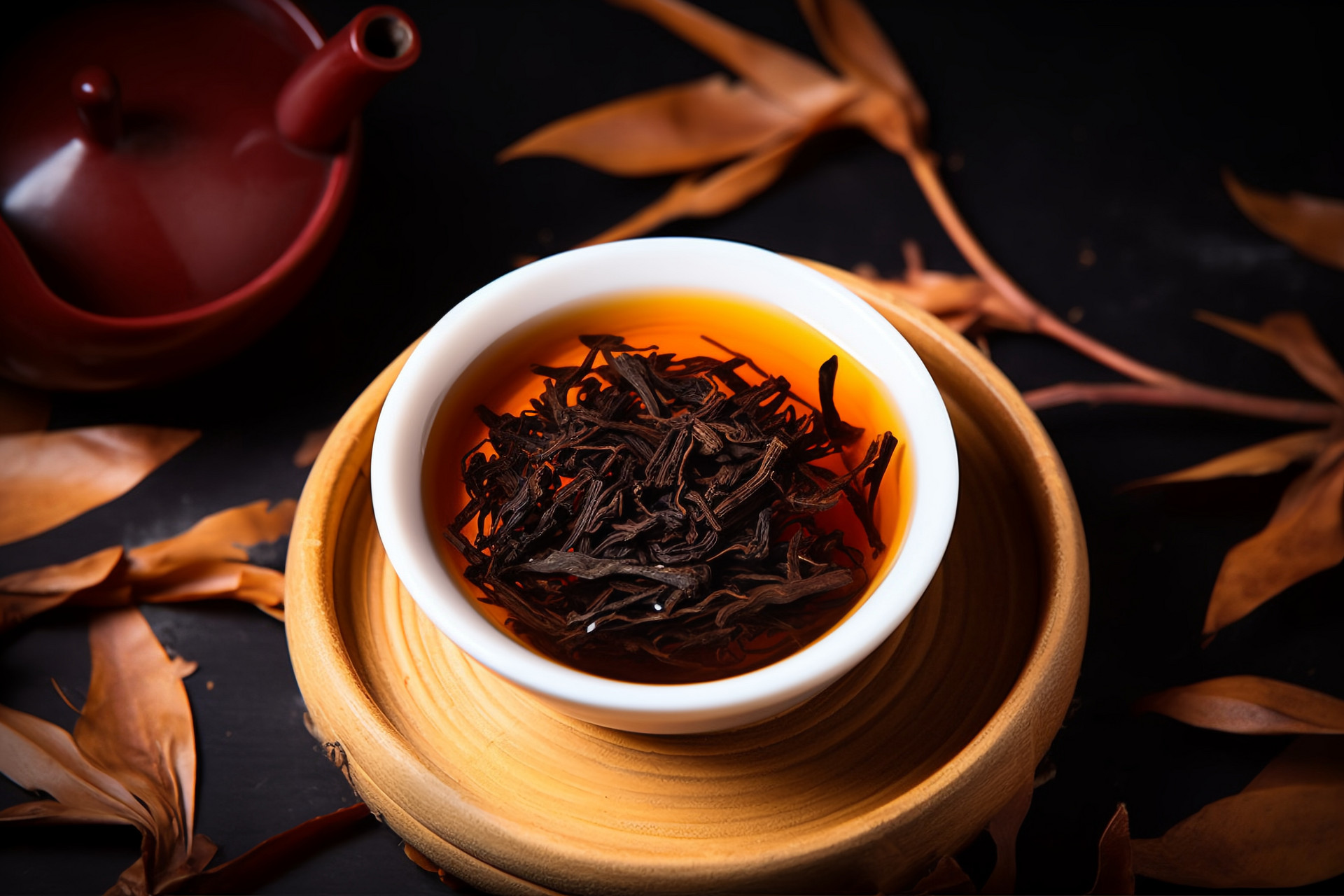
![[Herbal Wine Recipes for Health and Beauty]](https://tcmmaintenance.com/uploads/20240715/7241f6b6eafdaed88c28b26a37213964.jpg)